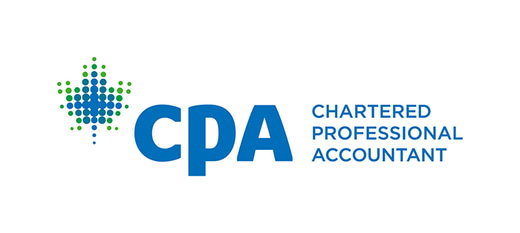Understanding the T4A Slip: A Guide for Contractors and Service Providers
7/18/20251 min read


What is a T4A Slip?
The T4A slip is a key document for any contractor, service provider, or recipient of other non-employment income in Canada. It functions as a summary of various types of income received throughout the calendar year, including but not limited to fees for services, honorariums, and pension payouts. Understanding its importance can help ensure that you are compliant with the Canada Revenue Agency (CRA) regulations.
Who Needs to Issue a T4A Slip?
As a payer, you are required to issue a T4A slip if your total payments to a recipient exceed $500 in the calendar year. This encompasses payments made to self-employed individuals or businesses for services rendered, commissions, and research grants, among others. Failing to issue this important document can lead to penalties, making it essential to stay informed and ensure compliance.
Key Requirements for Filing a T4A Slip
There are several key requirements you must adhere to when filing a T4A slip. The filing deadline is February 28th of the year following the calendar year in which payments were made. Both the CRA and the recipient must receive a copy of the T4A slip, and it must contain the appropriate account numbers, typically designated as RP or RZ. This includes accurate reporting of all types of payments, such as pension or retirement incomes and other sources of income, which are commonly reported on Box 048. Proper documentation not only aids in accurate reporting but also protects you as a payer.
Conclusion
In summary, the T4A slip is an essential document for contractors and service providers in Canada. Understanding the different components, who needs to issue it, and the filing requirements can significantly mitigate potential issues with the CRA. By staying organized and aware of these aspects, you can ensure that your financial reporting is both accurate and timely, maintaining your professional integrity within the landscape of non-employment income.
